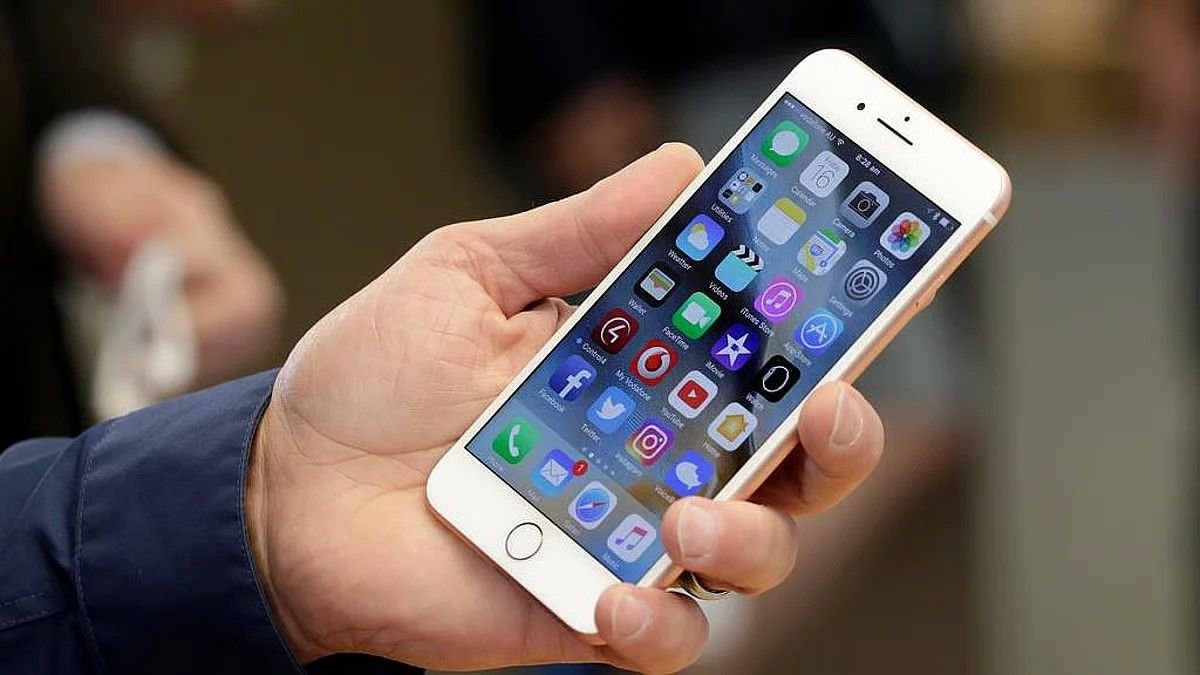According to the World Bank’s Global Findex 2025 report, the UAE, Norway, and Libya are the only three countries where every adult resident owns a mobile phone. In the Gulf region, Saudi Arabia, Bahrain, and Oman follow closely with 98% mobile phone ownership among adults, while Kuwait stands at 95%.
Several developed nations, including Sweden, Iceland, Finland, and Italy, report 99% mobile ownership, with the United States, Cyprus, and Hong Kong at 98%. However, mobile phone penetration remains lower in major developing countries: 66% in India, 63% in Pakistan, 78% in the Philippines, and 85% in Egypt.
The World Bank highlights that 86% of adults globally owned a mobile phone as of 2024, with mobile devices integral to daily activities such as communication, business, social media, payments, and information searches. Internet usage in GCC countries ranges between 86% and 99%, reflecting high digital connectivity.
The UAE leads the 2025 Global Digital Shopping Index with 37% of purchases made via mobile devices, surpassing Singapore, the UK, and Brazil. A Visa-commissioned study noted a 23% increase in mobile usage for retail purchases since 2022, with 38% of shoppers completing online transactions using mobile phones or computers.
Salima Gutieva, Visa UAE’s vice president, credits the UAE’s collaborative approach in building the future of commerce. Additionally, a Syrve Mena study shows food delivery apps like HungerStation, Talabat, and Deliveroo handle 75% of mobile restaurant orders, underlining mobile technology’s central role in UAE residents’ daily lives.















